
Lash Serums That Work My Favorite – 2023 Review
Lash Serums That Work and are my favourite – A Review We may get paid a commission if you buy something after clicking on one of our affiliate links here
What is AI Marketing?

Artificial intelligence is the technology that empowers machines to learn, solve problems, and make decisions autonomously. AI is applied to all industries, but it is particularly useful for marketing because marketers need to make decisions quickly.
That’s why AI has become a useful tool for marketers, allowing them to automate tasks, scale their operations, and gain deeper insights from data.
As a result, many marketers have started incorporating AI into their daily workflows, like creating content, creating audience segments, optimizing marketing campaigns, and more. This all ties back to the core idea of AI — to make marketing more automated, efficient, and effective.
AI has become a powerful marketing tool because it makes things more efficient. Machine learning, for example, is the capacity of a computer program to modify its behaviours based on experience.
So, if an AI-powered machine is given a specific task and then given feedback on how well it was conducted, it can learn and adjust to perform the task better next time. There are many applications of AI in marketing, such as – Market research:
Market research helps marketers understand their audience and build products tailored to their needs. AI can be applied to market research to help streamline the process and make it more efficient.
Computers can complete repetitive tasks like analyzing large data sets and reading survey responses, while humans can use their creativity and critical thinking skills to interpret the data. – Lead generation: Lead generation is about bringing potential customers into the sales funnel, and AI can help with that, too.
You can create a marketing campaign that uses AI to scour the internet and find people who might be interested in your product. – Advertising: In advertising, AI can help you scale targeted advertisements and make them more personalized.
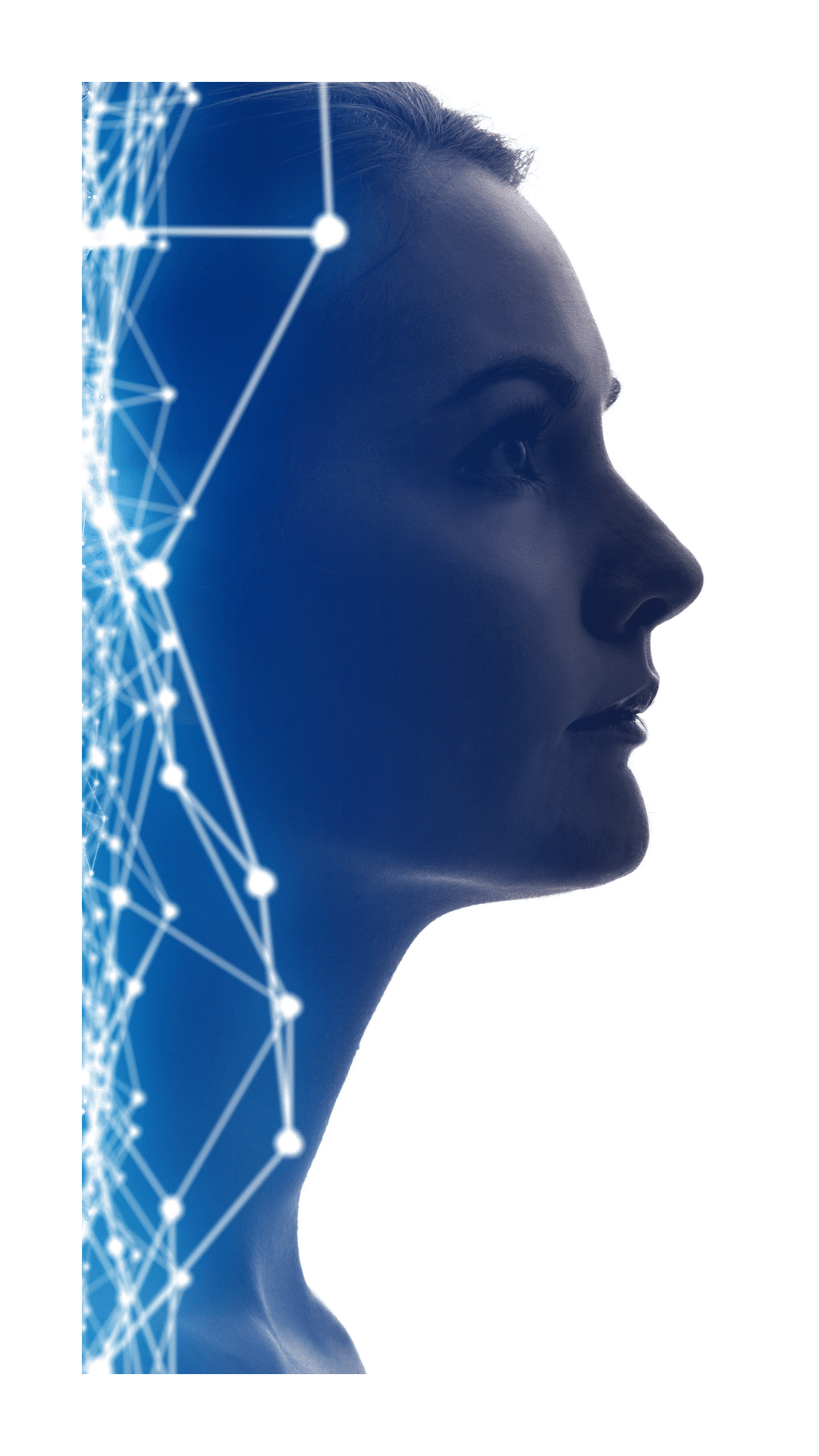
Free Consultation – SEO, Local Google Business Profile, Digital Marketing, Artificial Intelligence Marketing Tools
What is Ai Marketing – for example, computers can understand human language and communicate with us, or take natural languages and turn them into computer code that can execute programmes and apps.
The newly released language model GPT-3 by OpenAI contains roughly 175 billion “parameters” (variables and datapoints that machines can use to process language) in total.
GPT-4, the successor to OpenAI’s GPT, is rumoured to be in the works. There are no official details, but it is estimated to have up to 100 trillion parameters, making it 500 times larger than GPT-3 and theoretically taking a massive step towards creating language and holding conversations that are indistinguishable from those of a person.
It will also get better at writing computer code in the future.

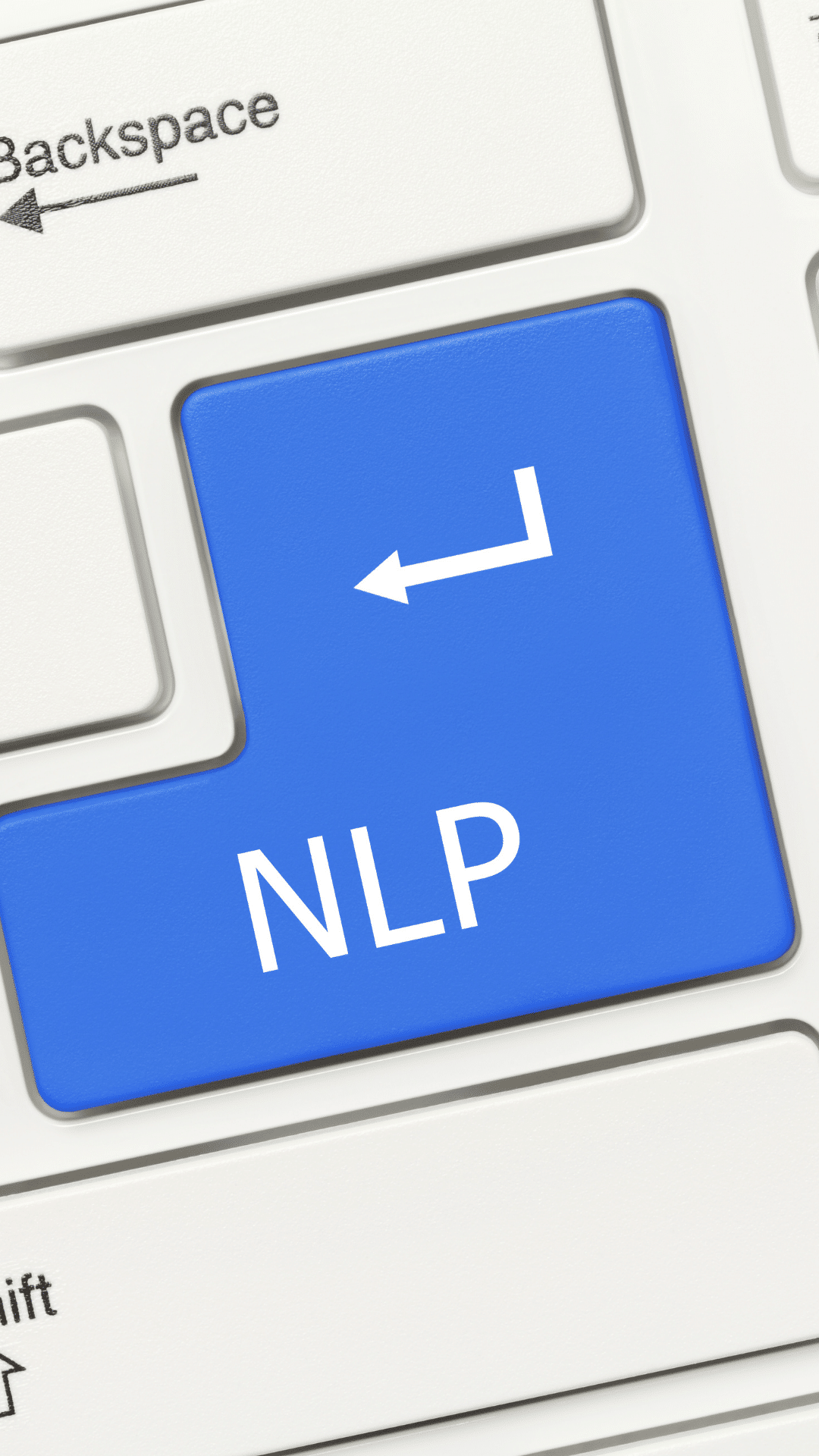
The phrase “artificial intelligence Marketing Solutions” (AI) encompasses a wide range of technologies that can be used to improve your company’s internal processes and customer service. For instance,
What is Ai Marketing – In this article, we’ll only touch on a few of the many ways you may include AI into your marketing approach. In any case, new technology and firms are constantly being developed, so it will be hard to cover everything.
Nike – Online personalisation
Nike uses AI to customise client experiences. For example, Nike’s website may now recommend things that are right for each individual. It also allows shoppers to search for products without dealing with a person. Nike employs AI marketing tools extensively to tailor the client journey, a significant business benefit.
Creating a Spotify account
Music recommendations are one way Spotify employs hyper-personalisation Ai artificial intelligence to keep users engaged with the platform and consuming content. In fact, I believe the streaming app makes the best use of the technology by allowing for considerable user account customisation.
StitchFix’s bespoke business plan
Some of the most spectacular examples of personalisation come from firms that make it their entire business model. StitchFix, an online clothing business, treats each consumer as an individual with their Ai artificial intelligence.
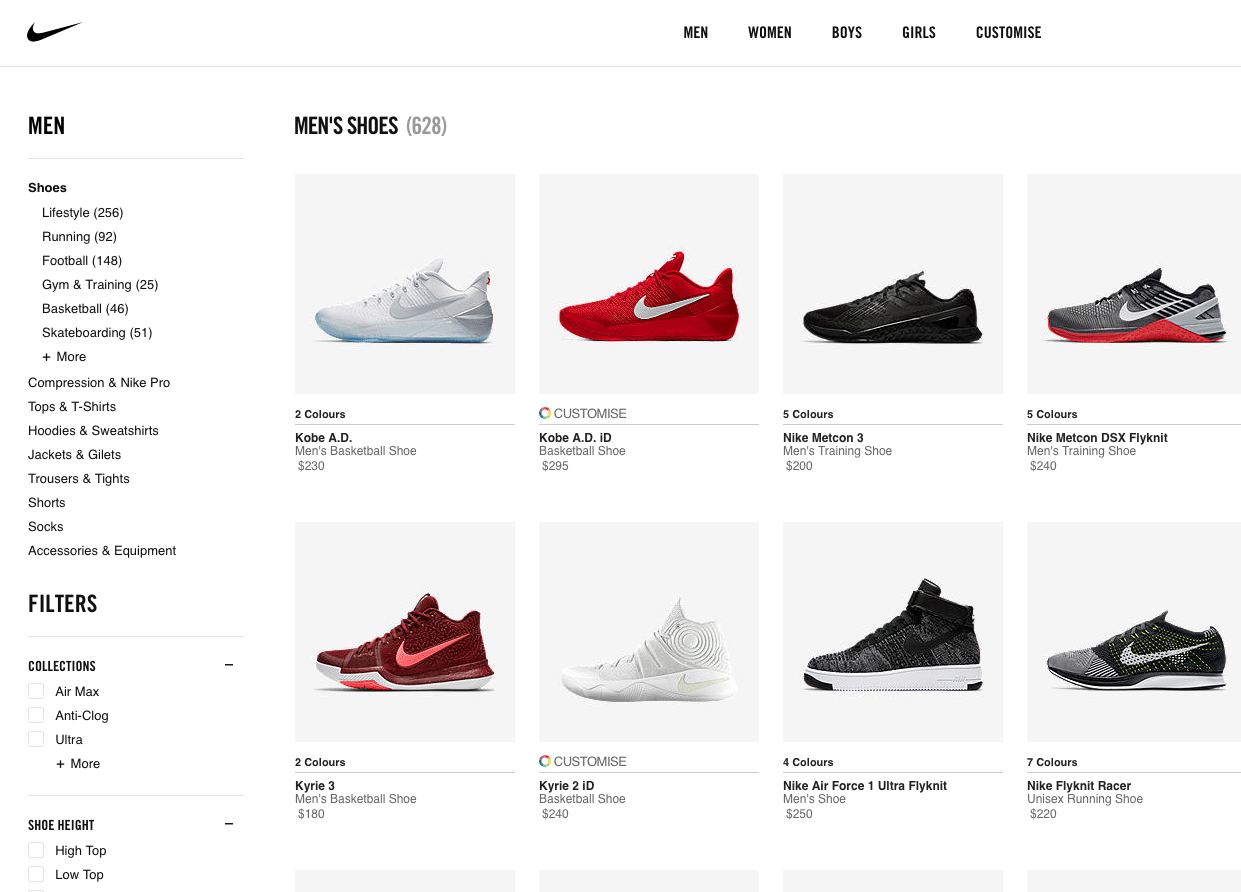
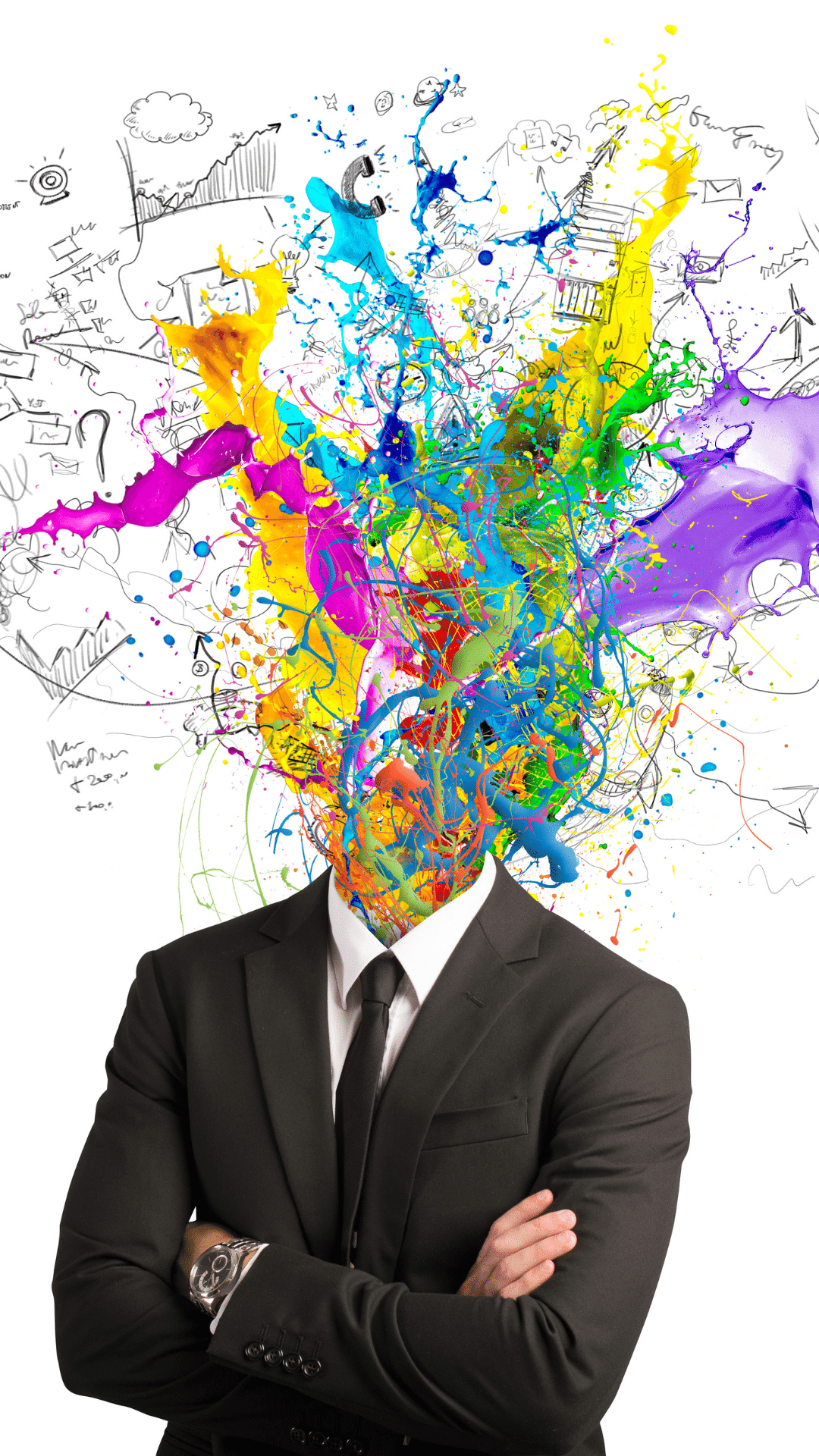
AI can create art, music, poetry, plays, and even video games. In 2022, when new models such as GPT-4 and Google’s Brain expand the bounds of what’s conceivable, we can expect more elaborate and seemingly “natural” creative production from our increasingly imaginative and talented artificial pals.
Now, rather than merely serving as proof of AI’s capabilities, in the year 2022, we may expect to see more of these works used in ordinary creative activities like composing headlines for articles and newsletters and creating logo designs and infographics.
Creativity is frequently considered as a very human trait, and the fact we are now seeing similar capacities emerge in computers means “artificial intelligence marketing solutions” is undeniably growing closer in terms of breadth and function to the very hazy image we have of what makes “real” intelligence.
1. Incredibly Responsive Customer Experiences Are Delivered To Customers.
Every time an AI system interacts with a consumer, it learns something new. As a matter of course! Artificial intelligence may also be utilised to build customised marketing solutions for companies.
In theory, humans are capable of doing this. However, when it comes to learning from customers, it’s rare for someone to take away a “useful lesson” from every conversation.
In addition, people need time to think about their past experiences before changing their approach to a situation. However, it’s not like that with artificial intelligence (AI).
These new capabilities will allow tailored customer experiences and a speedier ability to close transactions or other conversions. As a result, there’s a good chance your consumers will think your service goes above and beyond what they expect from the ordinary salesperson.
2. Your Website Conversion Rates Increase.
In today’s sales and marketing AI, the ultimate goal is to take customers through the buyer’s journey. To do so, a successful AI chatbot has to be linked to all of your other systems — for example, site analytics and inventory – so it is uniquely qualified.
Because of this, the AI will be able to provide a completely smooth experience.
Your leads can ask simple questions about an issue, look at different solutions, compare them side by side, and schedule a demo all in one quick interaction. Even in circumstances where it makes sense, AI can manage the entire purchasing process.
3. More upsells and cross-sales than ever before are achieved.
Even the most seasoned sales professionals have a hard time identifying fresh ways to increase the value of their current customers. To be sure, it’s easier to sell to an existing client, but how can you speed up and simplify the process?
The answer is AI.
It’s easier for an AI-based chat system to guide customers towards functional (and lucrative) cross-sells because it has direct access to a customer’s whole purchase history and can deduce the meanings hidden in the various patterns.
However, a lot of work is to be done regarding upselling. However, with enough data crunching and perhaps some basic rules to follow by tech-savvy humans, AI can route your customers to the content they’ll utilise to identify the best solutions for them.
4. Your Data Is Put to Use More Efficiently.
Are you making the best use of all of your data?
Data that isn’t used immediately or preserved for future reference is worthless. It’s simply sitting there. It is becoming more challenging to figure out how it goes with the longer it has been sitting unused.
As long as the AI is configured correctly, you’ll be able to move data from collection to utilisation in an efficient manner.
The best AI systems are designed to accept data from various sources. Now, not only that, but the AI quickly collects its data points and distributes them to all of its active instances. That means new information may be gleaned and used considerably more rapidly than before.
5. As a result, you’ll save a lot of money.
Most marketing teams are concerned about saving money. Choosing, deploying, and mastering an enterprise-class solution should yield a return on your investment.
AI allows you to get the benefits of that ROI from at least two sources.
With more conversions, you’ll see an increase in revenue. This is the case.
You’ve learned to accomplish more with fewer resources as a second benefit. For example, customer care agents no longer need to be stationed around the clock to meet chat requests. It may even reduce the number of sales and marketing staff you need in some cases.
Reduced payroll can have a significant impact on costs, especially for startups.
6. Use your time more productively.
Artificial intelligence (AI) is the best approach to level the playing field and give established industry rivals a decent fight. Moreover, since your web chatbot is a constant stream of new information, you will get more done in less time because you won’t have to monitor it.
Is this a truly hands-off approach to your work? This is not the case.
When it comes to the advantages and cons of artificial intelligence, it’s impossible to stress how convenient it all is. ‘Problems in its area of competence can be managed and even “thought” about by it.
When you don’t have to wade through thousands of individual chat conversations, you can instead look at a few brief reports that summarise (nearly) everything you need to know at once.
1. Not Everyone Likes Robots or automated marketing tools
The primary drawback is that not everyone enjoys AI marketing tools – chatbots.
No matter how hard you try to make your AI human-like, some people will still dismiss it as a waste of time. That you are merely collecting more data for malicious purposes.
But when combined with other circumstances, it may drive some leads away.
2. Algorithms Fail.
An algorithm is usually pretty good if thoroughly tested and has plenty of correct data to work with. However, they can produce answers that will only help you achieve your company goals by chance in the wrong hands.
The worst-case situation is still possible.
And if it does, you won’t be able to tell the difference.
3. Automated marketing tools still requires Humans (for Now).
Unlike humans, AI marketing tools have their limitations. For example, it can’t think for itself; it can only do what it’s told. So a human must programme it. For instance, the scheduled message may need to be modified in a crisis.
Messages must be changed to show the marketer’s care and compassion.
4. Automated Marketing tools Can Be Expensive and Needs Constant Upkeep.
Most technology is expensive and requires a lot of upkeep. Like humans, AI may need frequent updates to meet changing business needs.
Before buying AI marketing tools, you need to calculate their return on investment (ROI).
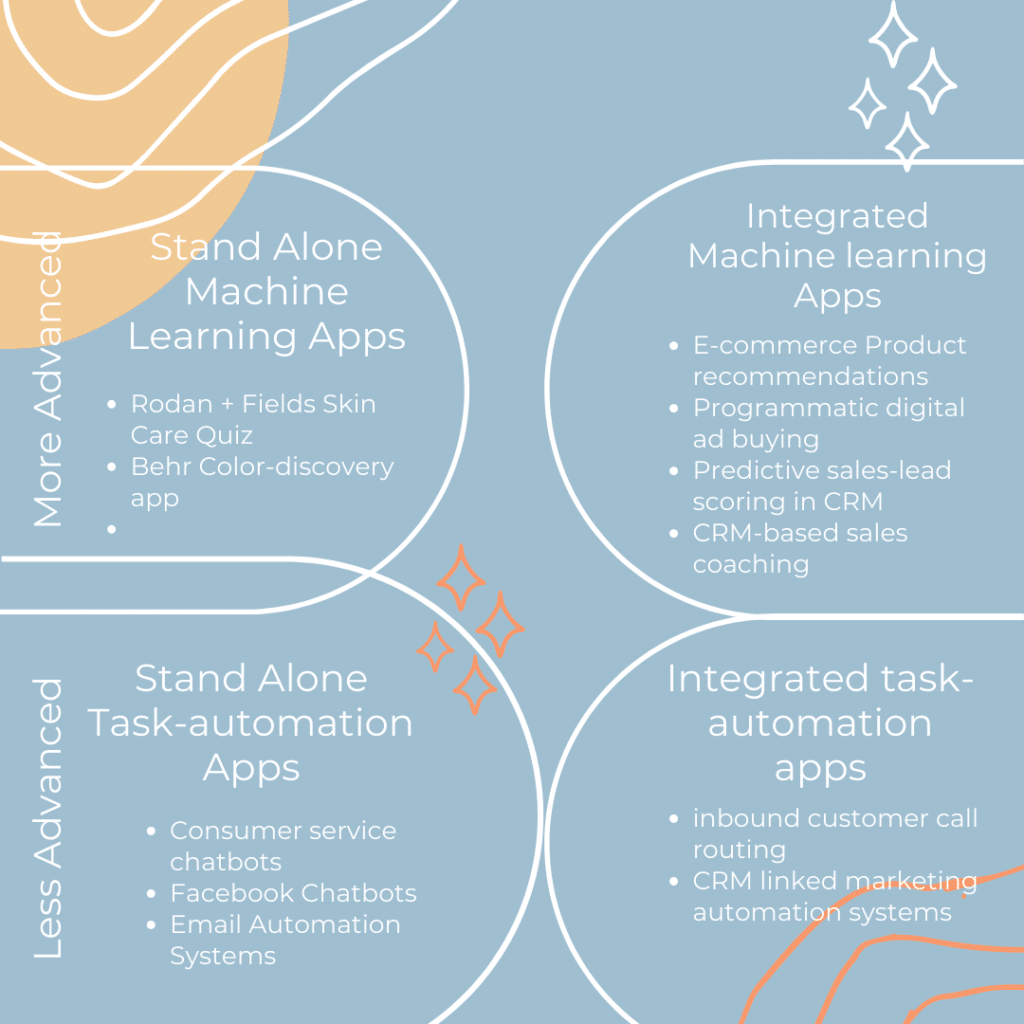
Artificial intelligence (AI) leverages computational power and the amassed information on the internet to teach robots to model human-like output quickly. The data acquired can then be used to increase conversions while also reducing the marketing teams effort.
In another way, marketers may utilise AI artificial intelligence to develop fresh product ideas, fine-tune their SEO tactics, and even create original content for their blogs, such as blog articles and photographs. So while the AI artificial intelligence doesn’t understand the language and information it’s analysing when scours the web, it can effectively reassemble it into creative, relevant content.
GPT-3 has found its way into Ai Content Marketing Team Toolbox. Samples of Automated Marketing Tools
Artificial Intelligence Marketing Solutions
GPT-3 is now one of the most potent AI artificial intelligence models. GPT-3 has a memory capacity of 350GB and 175 billion parameters, according to VentureBeat. GPT -3’s language models are “taught” by these parameters.
Therefore when it comes to learning, the more parameters, the better. So the new Google AI was educated on trillions of characteristics to give you a feel of where this technology is going.
The future of automated marketing tools will include robots, even if they can’t currently replace human workers. As a result, programmers have various possibilities to use Python to access GPT -3’s API.
Digital Marketing Teams within companies and business enterprises wanting to stay relevant will need to learn to use these new tools efficiently.
Types of AI ( automated marketing tools ) for content marketing teams.
If, after all those cautions, you’re still ready to give it a go, that’s wonderful. I’m a member of numerous AI writing Facebook Groups, Social media chats, and many marketers swear by AI for their content output. So if you walk in with the correct expectations—that is, you’re going to get speed, not quality—it’s a terrific experiment.
Here are some of the AI tools accessible for content marketing. After performing a bunch of testing for my own content marketing company, Hyperwriting, I opted to list these automated marketing tools because of their low price (around or under $100/month), their unique offering, and whether or not I could get them to work as intended.
Marketing copy: Marketers now utilise Artificial Intelligence AI writers for most writing chores, including social media postings, ad copy, product copy, blog outlines, and even whole blog pieces.
With AI marketing technology, you can uncover the most effective content based on customer behaviour, using content marketing that works. Marketers can learn more about their target audience’s prefered content kinds and share or generate it accordingly.
Automated marketing tools for both short- and long-form material
AI marketing technology and tools for only short-form copy
Automated marketing tools for longer-form material
AI Machine Learning Editing tools
AI machine learning editing tools check for mistakes and help rephrase phrases and entire sentences by providing AI-written replacements. They can also help apply brand content rules through smart style guides.
Automated Marketing Tools – Video
AI video technologies can replace what someone says in a video with a simple edit of the film’s transcript through overdubbing technique. In addition, the use of greenscreens and post-production editing can be reduced thanks to their ability to change the backdrops surrounding a subject.
AI Content Marketing SEO tools
Content briefs and headlines, for example, can be automated using SEO AI Content Marketing technologies. In addition, they produce lists of subjects to include in articles by examining the structure of the top pages in Google. They can also aid with keyword research, subject clustering, and more.
AI Marketing social tools
Social AI Marketing social solutions develop original posts from a business’s existing content and help generate ideas for new social posts by “learning” what a brand is about.
Digital advertising is undeniably one of the most successful applications of AI artificial intelligence. It is used by enterprise level companies Facebook, Google, and Instagram to give the best experience. These platforms evaluate user data such as gender, age, interests, demography, and other factors to better target digital adverts.
According to eMarketer, global digital ad spending reached $273.29 billion in 2018 and is predicted to rise. Digital Agencies may use AI marketing to discover microtrends and even predict trends. They can then decide where to spend their money and who to target. As a result, brands may eliminate digital advertising waste and maximise ROI.
Artificial intelligence (AI) lets firms personalise email marketing efforts depending on user behaviour. For example, the topic lines, product recommendations, and message are chosen depending on a customer’s behaviour.
Beyond better-personalised content, AI helps marketers optimise email campaigns to maximise outcomes. For example, marketers can utilise tools like Phrasee to assess and optimise campaigns in real-time instead of waiting weeks to A/B test different messages and designs.
End-users would appreciate AI’s ability to assist email marketers in contacting targeted audiences at the right moment. It can also help you examine what messaging, subject lines, designs, and graphics work best.
With advances in AI semantic recognition, language processing, and speech conversion, AI customer service has become more accessible and practical. AI chatbots have several advantages over manual customer care.
Enable organisations to move beyond “one-to-one” customer support with AI chatbots. Instead, chatbots can provide “one-to-many” service to multiple clients in multiple time zones.
Second, AI chatbots don’t need to sleep to respond to client inquiries instantly. As a result, customers benefit from their efficiency and availability outside of business hours.
Aside from these advantages, consumers can customise the language used by AI customer care to meet their own demands.
Many companies are now communicating with customers via messaging apps like WhatsApp, Facebook Messenger, and Slack, using AI chatbots to streamline the process.
Simple rule-based applications are a brilliant place to start for organisations with less AI knowledge. Many companies adopt a “crawl-walk-run” strategy, starting with a non-customer-facing task automation tool that guides customer care workers. Remember that as advanced technology solutions become more imaginative, so do audiences.
Enterprise level companies can move from task automation to machine learning if they have basic AI skills and a lot of consumer and market data.
For example, Stitch Fix’s clothing selection AI helps stylists build offers for clients based on their self-reported style preferences, items kept and returned, and comments.
When the corporation started asking users to choose from Style Shuffle photographs, the company gained a new stream of data.
Since most AI applications, particularly machine learning, require enormous amounts of high-quality data, marketers should continuously look for new data sources.
Consider how XO increased its EBITDA by 5% using a machine-learning-based pricing model: The idea was to use external data sources on private jet supply and demand, such as important events, macroeconomics, seasonality, and weather. While XO uses publicly available data, it is prudent to seek out proprietary sources whenever possible.
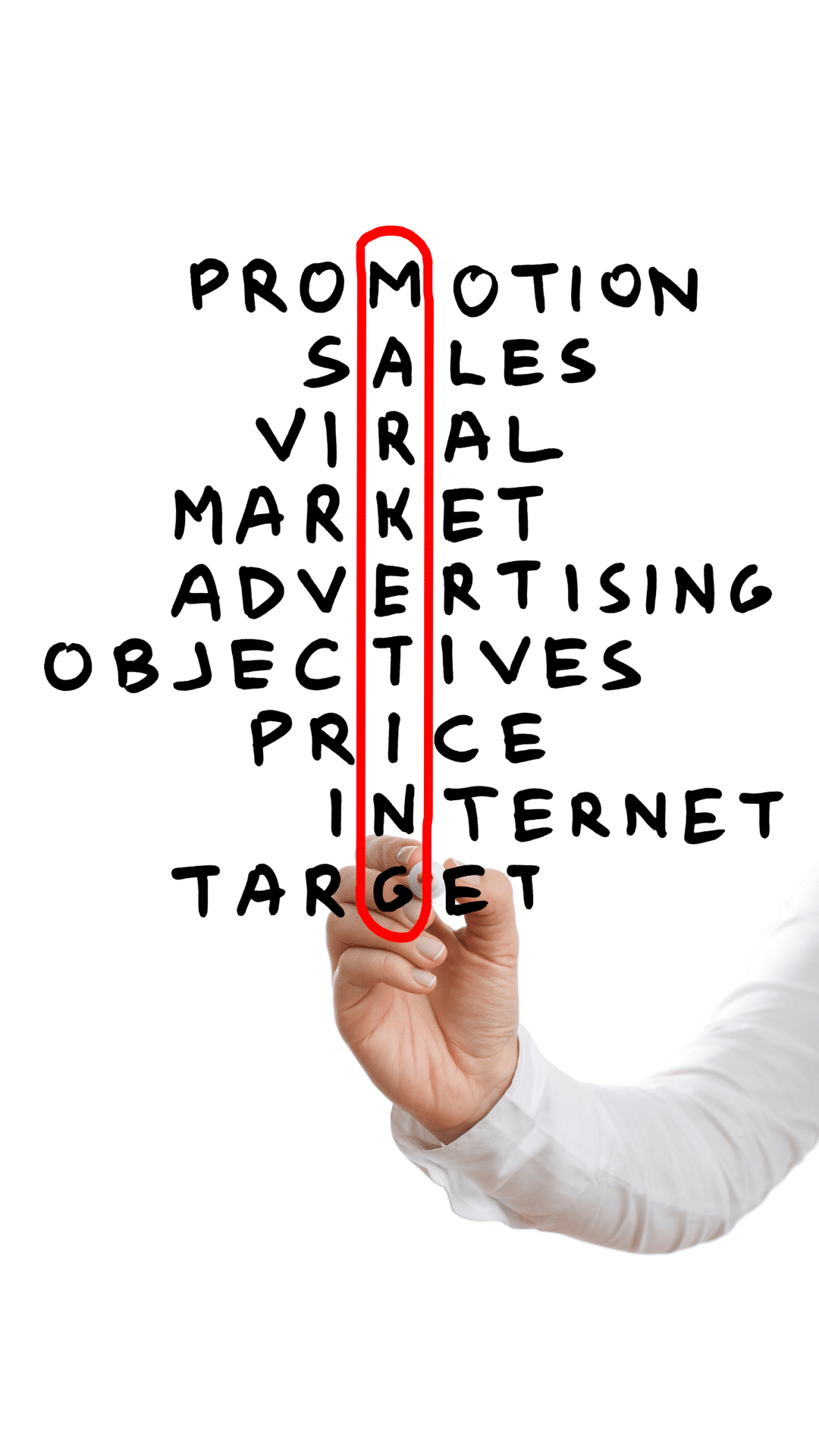

Using AI as a digital marketing tool has become more accessible to enterprises. AI has an undeniable impact on your consumers’ purchasing decisions, allowing you to give prompt customer support and relevant recommendations. Understanding how to make the most of this tool can help you expand your business and live up to your clients’ high expectations.
Artificial intelligence is being employed to drive sales conversions for companies like Zillow and Netflix. From 2021 to 2028, the global artificial intelligence market size is predicted to develop at a CAGR of 40.2 per cent.
These AI content marketing tools are already out there, and businesses, brands, and marketers who understand how to utilise them well—as a guide, not a hack—will be one step ahead.
Get updated with the latest news about our company’s achievements and activities

Lash Serums That Work and are my favourite – A Review We may get paid a commission if you buy something after clicking on one of our affiliate links here

Rodan and Fields Consultant + Rodan and Fields Find a Consultant Should I join the Rodan Fields Consultant Program? EVERYTHING YOU NEED TO KNOW ABOUT BECOMING A CONSULTANT FOR RODAN

The best sunscreens The Best Sunscreens – so you can be sure you’re getting the best protection possible. AAW Your ultimate guide to the Best sunscreens CHICHI KAWA – Summer

My best hair care products We may get paid a commission if you buy something after clicking on one of our affiliate links here on the site on the best

Retinaldehyde The Ultimate Guide to Retinaldehyde – the Older Sister of Retinol: The type of retinoid you use matters if you are looking for a retinoid to treat acne, premature
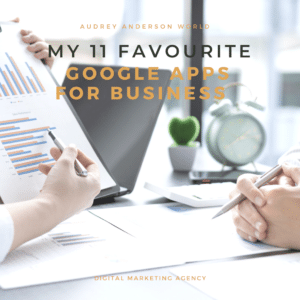
My 11 Favorite Google Apps For Business If you haven’t already, I invite you to check out the G Suite platform for your business and my Favourite Google Apps For
